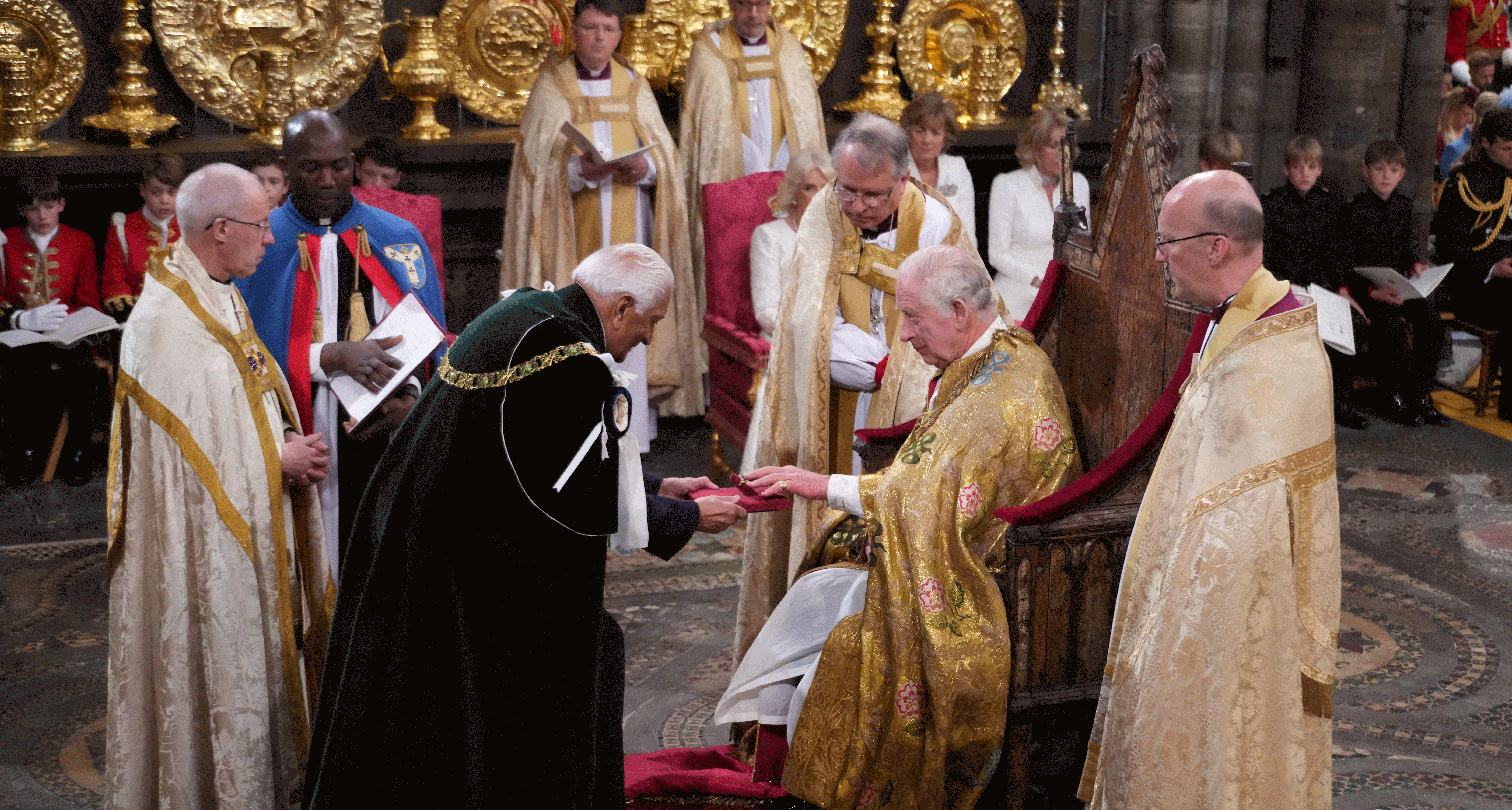The Coronation was one of those historic moments that reminded us of how traditional institutions can act as the social glue that helps to bind together modern Britain.
The ceremony itself was a glorious celebration of both our country’s Christian traditions and our proud status as a confident multi-faith democracy. It was the embodiment of the King’s belief that whilst being the Supreme Governor of the Church of England, he should be ‘the defender of all faiths’. Saturday’s ceremony saw Lord Kamall present the Armills, Lord Patel KT present the Ring, and Lord Singh of Wimbledon present the Coronation Glove. One of the most uplifting parts was the beautiful singing of the gospel choir – a deserved inclusion when one considers how black communities across the country are helping to keep Christianity alive in our inner cities as well as places such as Luton, Swindon, Thurrock, and Medway. This was an event that reflected the King’s view of Britain being ‘a community of communities’.
The King’s inclusive style of leadership is exactly what is needed in an evolving Britain – one which is becoming both increasingly secular and diverse. The latest England & Wales census showed that a number of non-white, non-Christian groups have grown as a proportion of the population. Since the 2011 census, the number of people who identify as Christian has decreased by 5.8m, while the number of those describing themselves as Muslim has increased by 1.2m (from 2.7m to 3.9m). There is a need for our long-standing institutions to be dynamic and adaptable in the face of this demographic change.
But this is where the Royal Family has proved itself to be one of our most progressive and agile institutions. The late Queen spearheaded Britain’s transition from being an imperial power to a much-respected member of the modern international system – from Empire to Commonwealth. This is precisely why she was much-adored across Britain’s different faiths – she embraced significant forms of domestic and international change whilst remaining firmly loyal to her traditional values.
King Charles III, who will doubtlessly build on this model of ‘progressive traditionalism’, understands the monarchy’s value when it comes to both social cohesion and international relations. Islam’s role – and indeed presence – in modern Europe has been questioned by some ‘conservative’ politicians, authors, and academics. The King, however, has a positive relationship with Islam which can act as not only an agent of social cohesion but also a binding force within the Commonwealth. He has previously championed the contributions of Muslims to the European renaissance, extolled the virtues of Islamic finance, and Islam’s emphasis on environmental sustainability.
Britain – and more broadly the European continent – is crying out for a traditional Christian figurehead who can present Islam’s value to the world and celebrate the contributions made by family-oriented and enterprising Muslim communities across Europe. If King Charles III was to fulfil this role, it would also bolster the UK’s standing in a Commonwealth of Nations which includes a string of Muslim-majority countries such as Bangladesh, Pakistan, Malaysia, Sierra Leone, and the Gambia.
Buckingham Palace’s potential to be a force for good in not only Britain, but also the wider world, should not be underestimated. Perhaps this is much of the reason why the majority of Brits believe that the having a monarchy is a good thing and support its retention. Secular republicans baying for the abolition of the royal family will continue being in the minority until they provide an alternative system that is able to command public support – one that can successfully replace the monarchy’s value both at home and abroad.
Of course, the responsibility of maintaining a cohesive nation which is internationally respected ultimately rests with the Government. This requires policies that strengthen our national resilience – the kind that help us to avoid events such as last year’s Leicester riots which took place around the time of the late Queen’s passing.
And defending a successful multi-faith democracy means that robust integration strategies and stronger immigration controls are needed – especially given both the ongoing small-boats emergency and the Centre for Policy Studies’ own estimate that annual net migration could rise as high as 700,000.
For all its flaws, Britain has a relatively successful diverse democracy to which the monarchy adds genuine multi-faceted value – we must never take this for granted.
Click here to subscribe to our daily briefing – the best pieces from CapX and across the web.
CapX depends on the generosity of its readers. If you value what we do, please consider making a donation.


